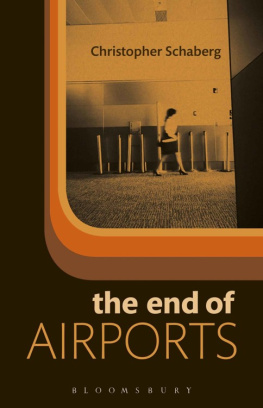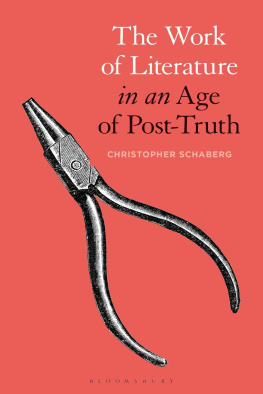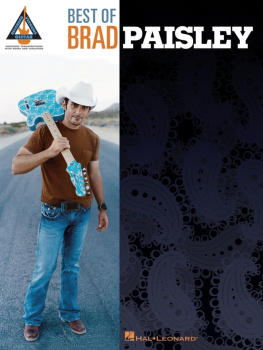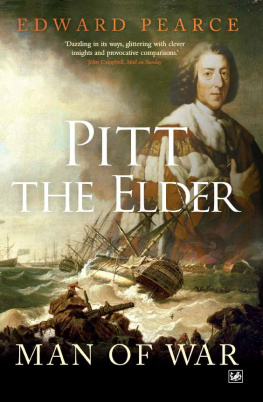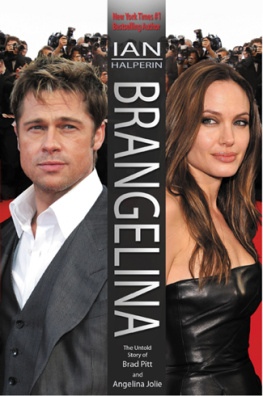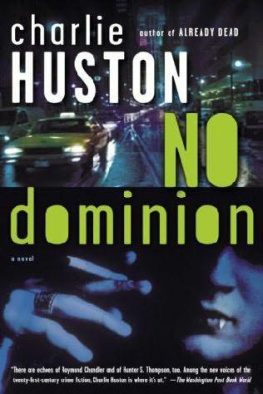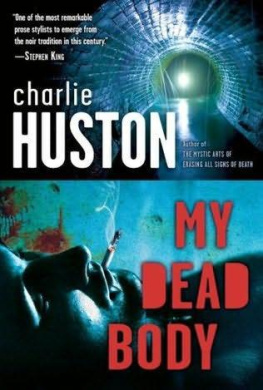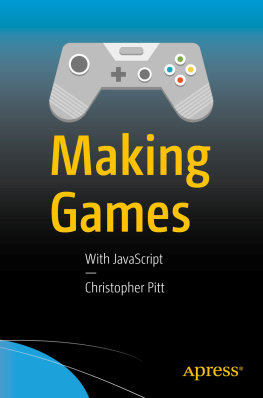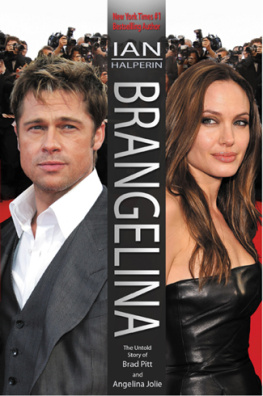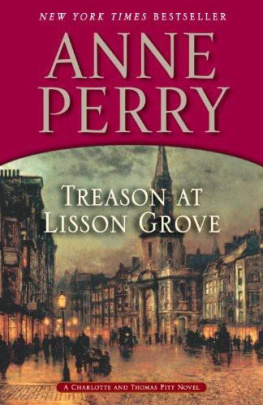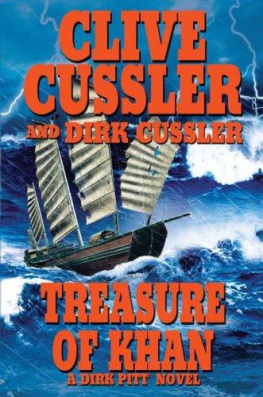Bryan Batt
Bryan Batt is an American actor, author, designer, and philanthropist, known for his multiple roles on Broadway, in film, and as Salvatore Romano in the acclaimed AMC drama Mad Men (20072009).
When I was asked to write an introductory note for a book entitled _Deconstructing Brad Pitt, to be completely candid, I was a bit reluctant. The title was somewhat reminiscent of those skewering tabloid trash-rag headlines that surely Mr Pitt must be thoroughly disgusted with. However, knowing one of the editors as a kind and honorable gentleman, husband, and father, I gave it a read, and was thoroughly entertained.
I have never met Mr Pitt, although he and Angelina have shopped on Magazine Street for their children just steps away from our shop Hazlenut, causing quite a stir. Customers clamored to get a glimpse of the A-stars while they raved, Shes so gorgeous. Shes gorgeous? Look at him!
I was hoping to meet Brad when I worked on the film 12 Years a Slave, but alas, his car was racing away from the plantation as I was pulling in. Once again, I was hoping to make his acquiantance at his Make It Right Foundation Gala, but unfortunately work took me out of town.
So now, I am taking this time to tell you what I would tell him. As a New Orleanian and as a person that supports equal rights for all, thank you, Mr Pitt, for doing what you do. Its one thing to talk about it, but its a completely different thing to put your money and time where your mouth and heart are and make a difference. His helping to rebuild New Orleans and producing such socially important films as the Oscar-winning 12 Years A Slave and the brilliant The Normal Heart just demonstrate his commitment to making things right. Bravo!
Robert Bennett
The first rule of Brad Pitt Studies is you do NOT talk about Brad Pitt.
I should know. I learned the hard way. I was a young, idealistic professor fresh out of graduate school when my first graduate student, Chris, suggested that we present papers about Brad Pitt at an academic conference. The suggestion immediately intrigued me. After all, the field of cultural studies continually explores new lines of critical inquiry, and Pitt seemed almost too obvious a choice. At the time Pitts films were both critically acclaimed and widely popular, and he even vaguely resembled other Hollywood icons like Robert Redford. Beyond their obvious co-involvement in A River Runs Through It, both were good-looking, talented actors who first established their careers with a few significant Western films before branching out to explore a wider range of roles. More importantly, both had early performances that many considered to be generation-defining rolesmost notably in Fight Club and All the Presidents Menand yet, both actors also share the curious distinction of never having won an Oscar for their acting. From this perspective, the real question seemed less whether or not we should study Brad Pitt than why hadnt someone else already done it?
Boy, were we wrong. As soon as we issued our call for conference papers, the mere suggestion that we might tentatively explore Pitts films struck a raw nerve among other academics. Unbristled ourselves, we persisted, not realizing that the worst was yet to come.
The most impassioned and vitriolic responses would soon come in a barrage of personal hate e-mails, mostly from scholars in the Humanities, angrily denouncing the very premise of studying Brad Pitt. Their arguments were less principled than visceral, seething, and practically primal. Long-winded and angry, most of them spoke with a sense of self-righteous outrage. Somehow we had struck a chord in the profession, in individual scholars, and in the web intelligentsia that ran far deeper than we had ever expected. I was not surprised that an individual or two might roll their eyes bemusedly, but I had never imagined that a professional publication of record, legions of bloggers, and irate academics would even notice our work, let alone openly assault it. One disgruntled academic was so infuriated that he telephoned both my department chair and my dean demanding that my university should fire me for pursuing such frivolous studies. With people calling for my head, I started to feel more like a losing Big Ten football coach than a middling English professor. One thing, however, was certain: there was a line in the academic sand, and we had crossed it.
Our detractors point was clear and unequivocal: do NOT talk about Brad Pitt. So we put the project on the back burner for a while until Chris picked it up again. One thing led to another until we ended up with this anthology of academic essays on the actor and celebrity Brad Pitt. Titled _Deconstructing Brad Pitt, this anthology aims neither to simply praise Pitt nor to brutally bury him, but more modestly it seeks to seriously and critically analyze his career from a wide range of scholarly perspectives or, as the title of this anthology puts it, to deconstruct him.
Notes
Here is our original call for papers:
CFP: The Cultural Logic of Brad Pitt
For the 2005 Western Literature Association Conference in Los Angeles, we plan to organize a panel on the film icon, Brad Pitt. Why Brad Pitt? As one of this generations most popular actors, Pitt has explored many of the cultural tensions of our emerging postmodern era. Depicting masculine American whiteness in various states of crisis, his characters generally enact complex postmodern agencies; they are never wholly coherent, they are often self-destructive, and they generally rely on a certain amount of playbetween stability and instability, between life and death, between autonomy and alter-dependency, between control and abandon. Simultaneously reifying and challenging hegemonic codes of race, class, gender, and regional or national identity, his characters explore the complex and changing postmodern cultural landscape. Tracing his performances through a variety of films and theoretical texts we hope to explain Brad Pitts multi-dimensional postmodernity by exploring: 1) the cultural logic of his performances, showing how they dramatize postmodern cultural tensions, and 2) the kind of cultural or political work that his performances accomplish, or the difference that they make and the impact that they have on the audiences who watch them. Some of the kinds of issues that we hope to explore include:
Brad Pitts West: From A River Runs Through It and Legends of the Fall to Thelma and Louise and Kalifornia, many of Pitts performances explore the physical and cultural landscapes of the American West. How do Pitts performances both reenact and revise more traditional western narratives and identities?
Brad Pitts postmodern subjectivity: How do Pitts performances, especially in films such as Fight Club and 12 Monkeys, explore new postmodern constructions of race, class, gender, and national identity? What makes these characters compelling or illuminating for contemporary audiences, and what do they tell us about how American culture is changing in response to new postmodern economic and historical contexts?


